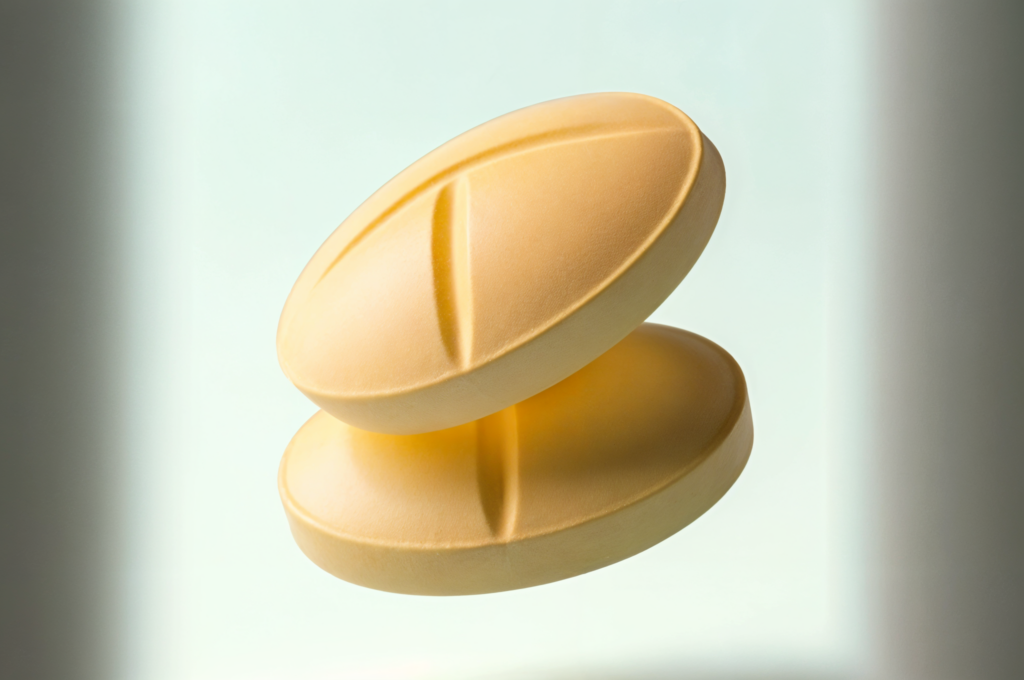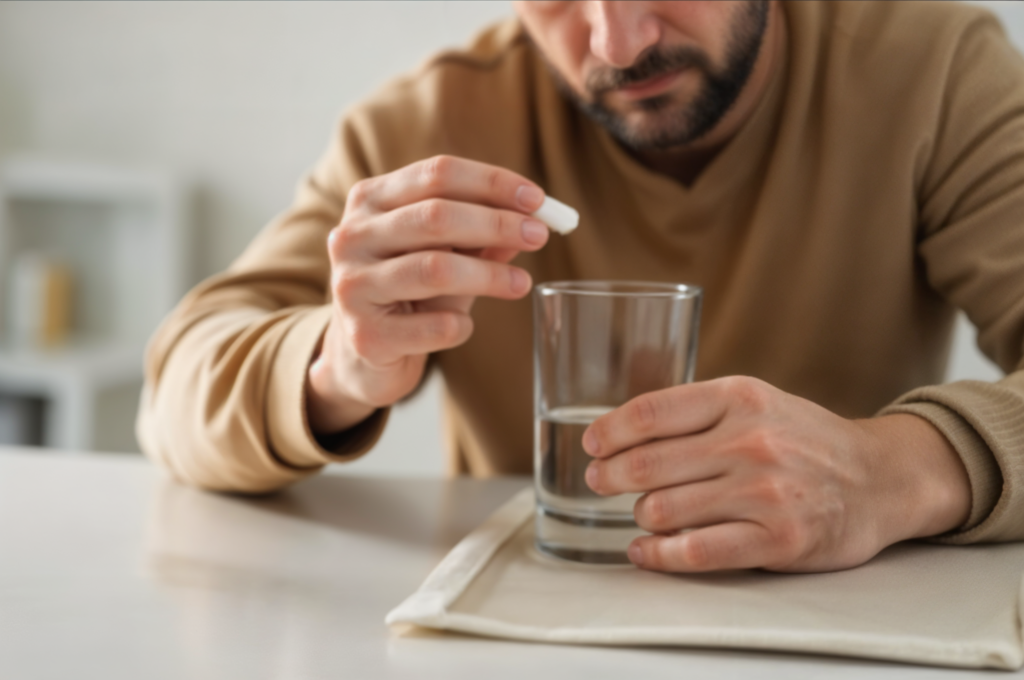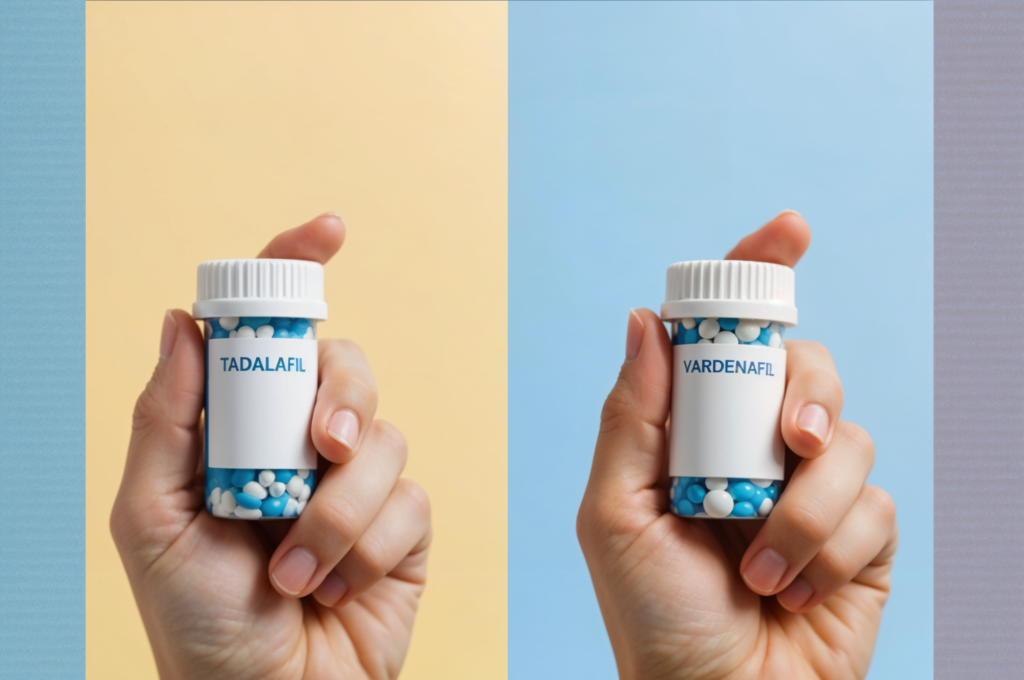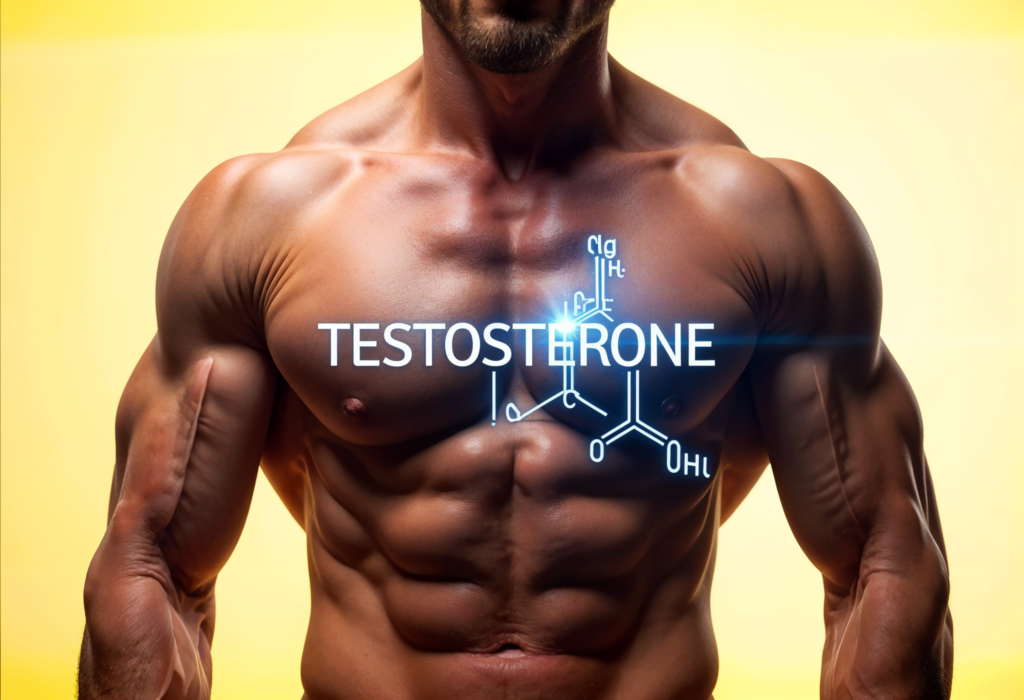Can Brazil Nuts Naturally Boost Testosterone Levels?

Can Brazil Nuts Naturally Boost Testosterone Levels? Testosterone plays a vital role in male health, influencing everything from muscle mass and energy levels to mood and reproductive function. As men age, natural testosterone production declines, leading many to seek solutions such as testosterone therapy online. While medical interventions are an effective way to manage low […]
11 Key Facts About ED Treatment Near Me

11 Key Facts About Erectile Dysfunction Erectile dysfunction (ED) is a condition that affects millions of men globally, yet it remains a topic shrouded in misconceptions and embarrassment. Understanding ED is crucial, not only for those experiencing it but also for their partners. Here, we delve into 11 important facts about erectile dysfunction and ED […]
Can Low Testosterone Cause Male Infertility? What’s the Connection?

Can Low Testosterone Cause Male Infertility? What’s the Connection? Low testosterone, or hypogonadism, is a condition found in many males around the globe. Testosterone is the most well-known for its sexual implications in males, but it has many other functions as well. Fertility is one very important aspect that testosterone influences significantly. This blog goes […]
Buy Tadalafil Online: How to Use, Dosage, and Benefits

Buy Tadalafil Online: How to Use, Dosage, and Benefits Tadalafil is one of the well-known drugs used mainly in treating erectile dysfunction (ED), benign prostate enlargement, and pulmonary hypertension. Sold widely under brands Cialis® and Adcirca, tadalafil has demonstrated efficiency and versatility. To buy tadalafil 20mg or simply searching for tadalafil online, proper usage, dosage, […]
Coping With Erectile Dysfunction and Using ED Pills Near Me

Coping With Erectile Dysfunction and Using ED Pills Near Me Erectile dysfunction is a condition that occurs in millions of men worldwide. It is a condition where an erection is not possible to achieve or maintain firm enough for satisfactory sexual intercourse. This can be a distressing issue; however, understanding its causes, treatments, and coping […]
Testosterone Therapy Near Me: A Safer Alternative to DHEA Supplements

Testosterone Therapy Near Me: A Safer Alternative to DHEA Supplements As men age, their testosterone levels typically decline. Many changes in a man’s physical and emotional well-being are the result of these declining levels of testosterone. Many men seek to get their testosterone levels back on track, opting for supplements such as DHEA (dehydroepiandrosterone). Although […]
Vardenafil vs Tadalafil: Which ED Medication is Right for You?

Vardenafil vs Tadalafil: Which ED Medication is Right for You? Erectile dysfunction is a prevalent but sensitive medical condition affecting millions of men worldwide. The good news is that medical research has given mankind several alternatives to greatly help alleviate the symptoms and return confidence back into life. Two of the best-known drugs are Vardenafil […]
Late-Onset Hypogonadism: Impact on Men’s Health and ED Treatment Near Me

Late-Onset Hypogonadism: Impact on Men’s Health and ED Treatment Near Me Late-onset hypogonadism, also known as “male menopause” or “andropause,” is a condition where the body produces inadequate testosterone, which significantly affects men’s health. Common symptoms of men with LOH include fatigue, low libido, and erectile dysfunction (ED). Many men facing these challenges often search […]
ED Treatment Near Me and Alternative Supplements

ED Treatment Near Me and Alternative Supplements Erectile dysfunction, also known as impotence, is a condition among millions of men worldwide and leads to failure in having or keeping an erection during sexual activity. While there are numerous forms of treatment, the most common thing a man with ED will search for is “ED treatment […]
Testosterone Therapy: The Secrets to Boosting the Male Hormone

Testosterone Therapy: The Secrets to Boosting the Male Hormone Testosterone has long been considered the male hormone, and it plays an important role in a man’s physical and emotional wellness. While often associated with masculinity, its effects lie far beyond superficial traits, such as muscle mass and body hair. Testosterone affects energy levels, mood, libido, […]
